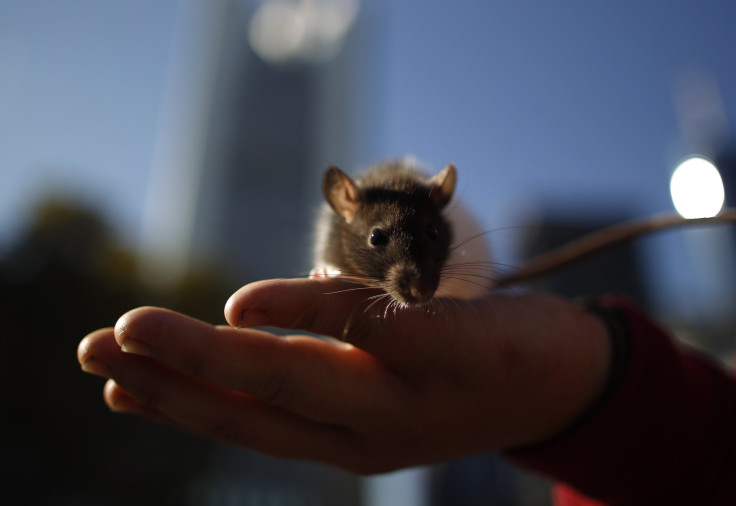Rats Regret Wrong Decisions, A Behavior Once Thought To Be Only Human

Showing regret for making the wrong decision is no longer a behavioral trait exclusive to humans, as rats too feel sorry for not making the right choice, a new study suggests.
As part of the study, researchers conducted a task named “Restaurant Row,” in which they allowed rats to enter chambers containing different food options. And, as the rats were given only a limited amount of time to make a choice, they would sometimes pick a bad meal over a good one, and then look back at the chamber with the food they liked and be prepared to wait longer for another chance to sample their desired food.
“It's like waiting in line at a restaurant,” David Redish, a neuroscientist at the University of Minnesota in Minneapolis and the study’s senior author, said in a statement.”If the line is too long at the Chinese food restaurant, then you give up and go to the Indian food restaurant across the street.”
According to the study, published in Nature Neuroscience on Sunday, the rats’ willingness to wait for their ideal choice implied that they had individual preferences. In addition, the researchers also examined the rats’ brain activity, which helped them conclude that the animals indeed experienced regret over the decisions they made while choosing their food.
“In humans, a part of the brain called the orbitofrontal cortex is active during regret. We found in rats that recognized they had made a mistake, indicators in the orbitofrontal cortex represented the missed opportunity,” Redish said. “Interestingly, the rat's orbitofrontal cortex represented what the rat should have done, not the missed reward. This makes sense because you don't regret the thing you didn't get, you regret the thing you didn't do.”
The researchers believe that the study's findings will help them better understand why humans act a certain way and how the feeling of regret affects their decision making. The researchers also said that other mammals may also have the ability to feel regret because they have brain structures similar to those of rats and humans, LiveScience reported.
“Regret is the recognition that you made a mistake, that if you had done something else, you would have been better off,” Redish said. “The difficult part of this study was separating regret from disappointment, which is when things aren't as good as you would have hoped. The key to distinguishing between the two was letting the rats choose what to do.”
© Copyright IBTimes 2024. All rights reserved.






















